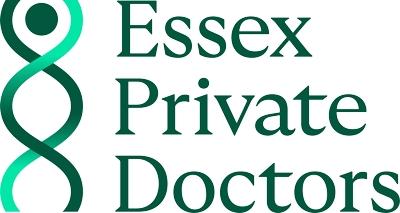Vaccinations
Vaccinations
Vaccinations
Vaccinations are an important way to prevent life-threatening diseases. Vaccinations shield the individual by stimulating their immune system to generate an immune response. In addition, they also provide protection for the wider community by creating herd immunity. Once a certain proportion of the population has been vaccinated, herd immunity will safeguard those who are unable to be vaccinated. This is crucial to ensure the protection of entire communities against preventable diseases.

Vaccination Consultation
We are happy to offer selected vaccinations for children and adults. We don’t offer routine baby vaccinations (as we believe strongly that the NHS has a robust child vaccination program, and we encourage you vaccinate your child as recommended at the appropriate times).
During the vaccination consultation, you’ll be given of time to discuss your thoughts and concerns (including benefits and potential side effects). Some vaccinations require a course of injections or boosters to be effective.
Private Pneumonia Vaccination (Pneumovax®)
As you get older, your immune system becomes less robust, and you are more susceptible to complications from infections diseases. Vaccination can help to boost the immune system, and we offer private pneumonia vaccination, to help protect against Streptococcus Pneumoniae – the bacterium which can cause pneumonia, septicaemia and meningitis.
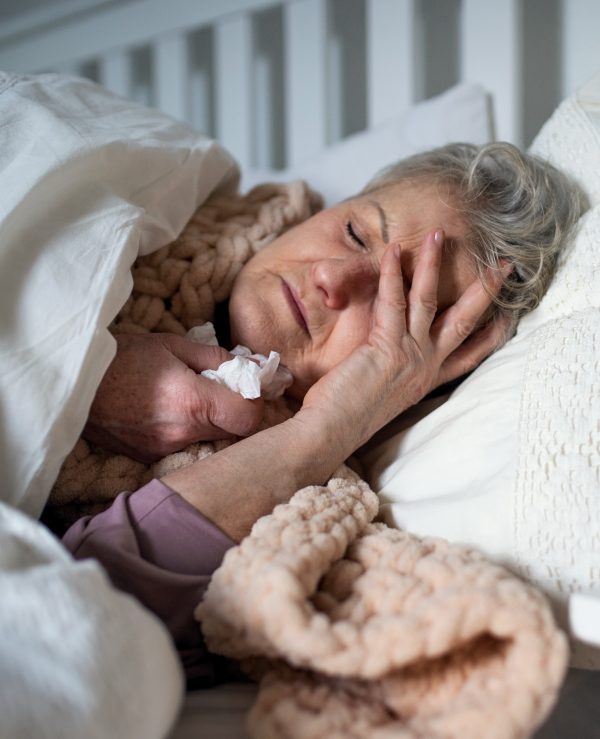
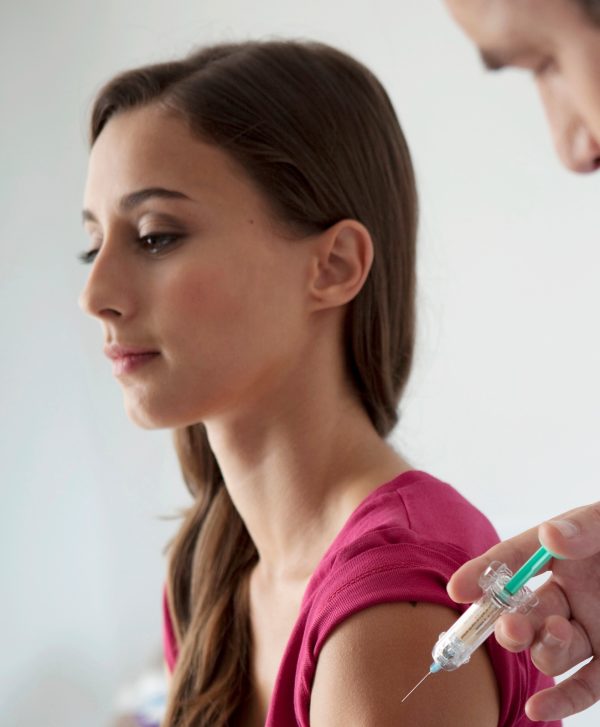
Cervical Cancer Vaccination (HPV vaccination-Gardasil®)
This vaccine is designed to protect against several strains of the human papilloma virus (HPV). The virus can cause cervical cancer in women, genital warts, and penile and anal cancer in men. It can also cause cancer of the throat. HPV is spread during sex, and genital to skin contact. It’s thought over three quarters of women who are sexually active will have an HPV infection at some point in their lives.
Meningitis B Vaccination (Bexsero®)
For many years, Meningitis B, (which is fatal in one out of ten cases), was the most common kind of bacterial meningitis in the UK. Since vaccination has commenced in the UK, the number of meningitis cases have fallen significantly.
NHS vaccination for Meningitis B normally takes place as part of the regular childhood immunisations, but as this began in 2015, some young people will not have received the vaccination. Meningitis is most common in babies, children, and young adults, and many people choose to be vaccinated if they going to be attending university or college.
We also offer the Meningococcal meningitis ACWY vaccination.
Meningitis B Vaccination (Bexsero®)

For many years, Meningitis B, (which is fatal in one out of ten cases), was the most common kind of bacterial meningitis in the UK. Since vaccination has commenced in the UK, the number of meningitis cases have fallen significantly. NHS vaccination for Men B normally takes place as part of the regular childhood immunisations, but as this began in 2015, some young people will not have received the vaccination. Meningitis is most common in babies, children, and young adults, and many people choose to be vaccinated if they going to be attending university or college.
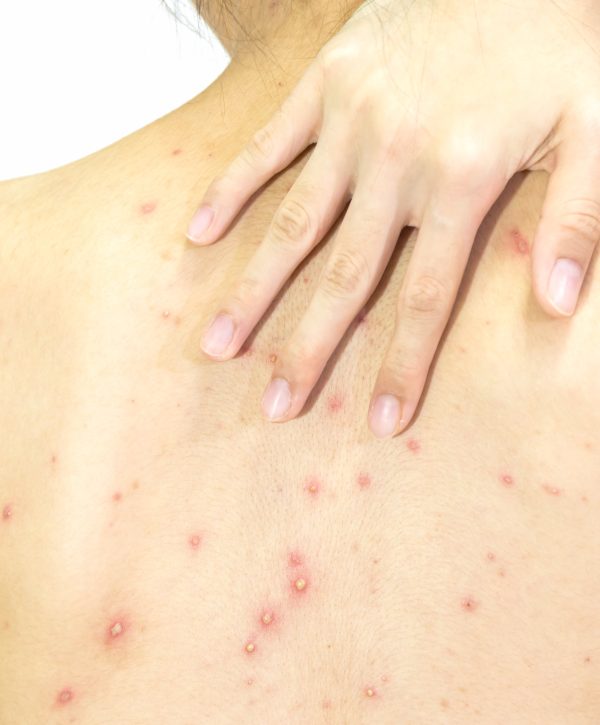
Chickenpox Vaccination
Chickenpox is a distressing disease, and it’s highly contagious. It causes an itchy, spotty rash, a high temperature, and can make you feel very unwell. It’s caused by the varicella-zoster virus, and very rarely, it can cause more serious illness, such as meningitis and encephalitis.
Once a person has had chickenpox, they will be immune to the disease for life, but, the virus can remain dormant in nerve tissues, and re-activate later in life in the form of shingles. This can occur if a person has a weakened immune system (which may happen as we age), or if person is under severe stress.
The chickenpox vaccination is recommended for people who are over the age of 9 months, and under the age of 65, and only if you haven’t had chickenpox.
Yellow Fever and Travel Vaccinations
We have a dedicated Travel Health and Vaccination Clinic and offer travel vaccinations and detailed travel health advice specific to your medical needs and itinerary.
We’re a registered Yellow Fever centre, and we can offer the following vaccinations:

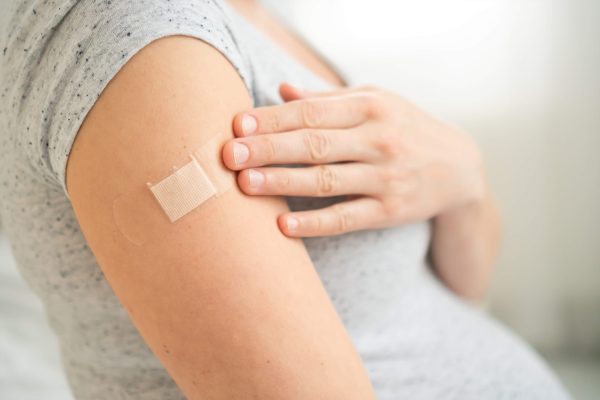
We can also provide the following vaccinations:
We have a dedicated Travel Health and Vaccination Clinic and offer travel vaccinations and detailed travel health advice specific to your medical needs and itinerary.
We’re a registered Yellow Fever centre, and we can offer the following vaccinations:
